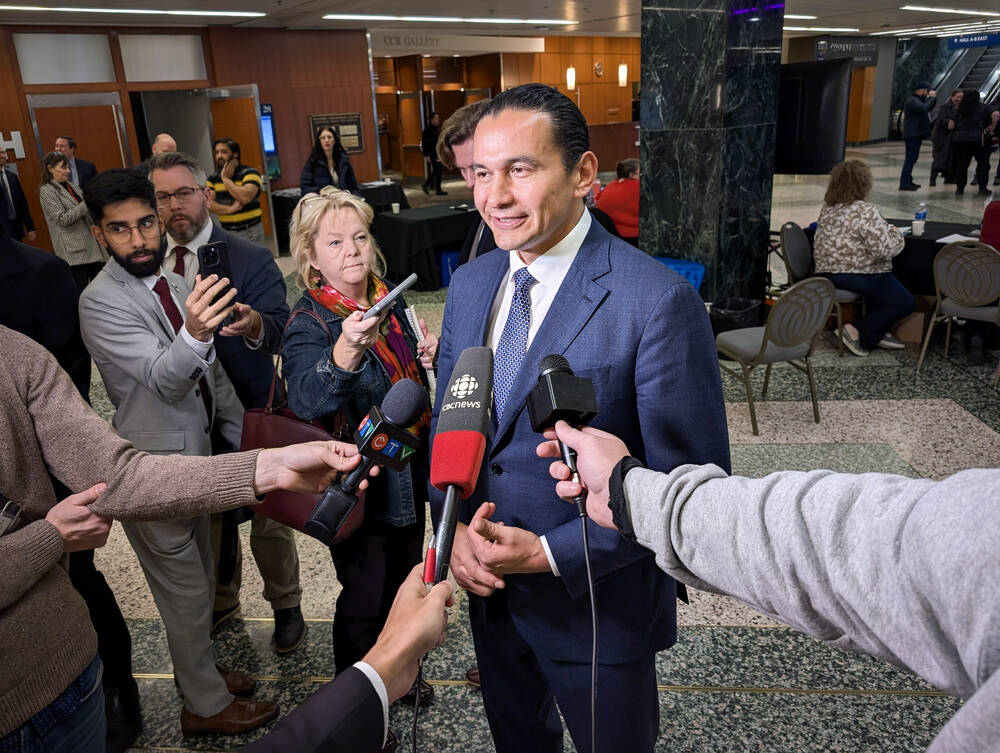Waterhemp was on the agenda as local government council members gathered in Winnipeg for the annual Association of Manitoba Municipalities conference.
Delegates voted to lobby the province for funding to halt spread of the noxious weed, which is known for developing herbicide resistance and has made greater inroads in the province this year. They also called for an information and education campaign to the agricultural community on waterhemp.
Why it matters: With more than one million seeds per plant, waterhemp can spread rapidly. It’s classified as a tier 1 noxious weed in Manitoba and must be eradicated if found.
Read Also

AAFC organic research program cut
Canada’s organic sector says the loss of a federal organic research program at Swift Current, Sask., will set the industry back.
With a yes vote of 95 per cent, the waterhemp resolution was popular with delegates.
RM of Dauphin Reeve Ernie Sirski also asked for another problem pigweed, Palmer amaranth, to be added to the resolution, but this was declined. Sirski, a director with the Manitoba Pulse and Soybean Growers, ultimately spoke in favour of the resolution.
Last year, 30 Manitoba municipalities were affected by waterhemp. During an August webinar, provincial weed specialist Kim Brown said more areas had been infested this year and the noxious weed moved north and west.
Municipal funding
Money was another main topic during the conference. On the first day, Premier Wab Kinew announced creation of a “One Manitoba Growth Revenue Fund,” comprising $62 million over five years. This fund is in addition to the municipalities’ operating grant, a provincial news release said.
Funding resolutions included a directive to ask the province to confirm the amount of the municipal operating grant no later than Dec. 31 of the previous year.
Members also passed resolutions asking the province to cover expenses for road maintenance around mineral extraction areas, upgrade heavy haul roads and cover costs incurred while caring for stranded travelers during road closures.
A resolution was passed to ask the province to increase funding for maintenance of provincial drainage infrastructure. When asked by delegates about drainage maintenance, Kinew pointed to the $62-million fund.
Rural crime
Rural crime has been a standing file with the AMM, as well as farm groups such as the Keystone Agricultural Producers.
This year, AMM members passed a resolution to lobby the province for revitalization of the conservation officer service, “with direct operational linkages to the RCMP.” That move was linked to continued night hunting prevention and “overall rural crime prevention.”
The resolution suggested measures like enforcing night hunting rules with helicopter surveillance and more formal collaboration between the RCMP and conservation officers.
Members agreed to lobby the province to clamp down on “ongoing, uncontrolled, improper use” of Crown lands, referencing examples of dangerous all-terrain vehicle use, discharge of firearms and serious physical altercations.
Delegates who spoke in favour of the resolution cited areas such as gravel pits and Reynolds Ponds, which they said were operating in a “hooligan atmosphere.”
Other priorities
Other successful rural-interest resolutions included enforcement of spring weight restrictions on Manitoba roads, improving cellular service and continued lobbying for better rural healthcare.
During the cabinet question and answer session, Agriculture Minister Ron Kostyshyn was asked when provincial offices, such as Manitoba Agricultural Services Corporation centres, would be reopened. Earlier this year, the province promised to reopen two rural centres.
Kostyshyn told delegates his department was in the final stages of designating offices to be reopened in western Manitoba, with locations to be announced in a “month or two.”
















